Peer review is one of the major practice in scholarly publishing. Regardless of whether you are … Psychiatry, magazine article peer review, Journal of Psychiatry, peer review process, In addition to the general principles outlined above there is one final and very important factor to take into consideration the final check for plagiarism, where the submission is sent through an on-line system for final plagiarism check. This is how to go about the process, no matter if you are writing your first book or the next in line after a research project.
1. Learn About Peer Review Process
Paper Peer review process is a process in which papers
submitted to a particular journal are assessed by appropriate experts. This is
to ensure that the research is positive from the onset generally, as the
central goal of any research is to bring an improvement to a given field.
There are typically three Types of Peer Review:
Single-blind: In this process reviewers will know the article authors names and authors do not know who reviewed their paper.
Double-blind: In this process reviewers are unaware of the other reviewers and the other reviewers are also unaware of them.
Open review: It often happens that both authors and reviewers are familiar with each other.
To this extent, understanding the type of peer review that the journal of your interest uses can help you learn what to expect during the process.
2. Manuscript formatting and preparation
When you are ready to submit your manuscript for peer review you should ensure that meets the journal submission requirements. These may comprise issues to do with spacing, number of words, and styles of references. Following these guidelines is professional and enhances the chance of having your paper reviewed without undue delay.
3. Select the Right Journal
Selecting the right journal is essential more so to the advancement of research. Make sure that the journal belongs to your research area and the type of readers you want to convey your research to. It may lead to rejection of the paper or, which is even worse, sending it to the reviewers who will not understand the material properly. The final advice is also to always assess the editorial board and published articles to see if the given journal is suitable.
4. Comments of the Reviewer
After the peer review process you will most probably end up getting comments from the reviewers. This feedback should be consumed with an open mind and openness to want and how it will help enhance your manuscript. Here are some tips for responding effectively: Be respectful and professional: If you have to respond to another student’s comment or opinion you should do so politely and with proper reasons as to why you do not have to agree with them. Address every comment: Do not disregard a comment as unimportant or something trivial. In dealing with each point, one can show that he or she respects the review mechanism.
Revise thoughtfully: If the reviewer has made a suggestion to the paper, automatically start thinking about how the suggestion can be implemented. When declining a suggestion, that you consider as unfitting, you should explain why such a decision was made.
5. Handle Rejection Gracefully
There will be times when a submitted paper will fail to get through the screening of the peer reviewers, and this is where lessons on manners come in handy. If your paper is rejected and reject your paper remember it is not an indication that you are a bad writer. However, what we should rather do is, if it is possible, get a chance to edit the paper and re-submit it to another journal. All the most successful researchers have had their papers rejected at some or the other point of time.
6. Understand Paper Peer Review Ethics
In this context, one should count with the rules and the ethical impacts of practicing at the peer review stage when working as a researcher. This includes one not copying from other authors, not copying sources, and not altering data in any way. As a reviewer, it is also your task to give positive comments and to protect the identity of the particular submission.
7. Communicate with the Editor
If you face difficulties concerning the article submission or you observe long processing time or any other issue, do not hesitate to get in touch with the given journal editor. But do not be aggressive in your communication because most of the editors are managing several submissions. Proper communication can only go a long way in ensuring that your manuscript is processed on time.
8. Revised Summarize on the basis of the response of the reviewers
After getting the comments from the reviewer, then it is advisable to calmly review your manuscript again. Sometimes the reviewers may suggest improvement or further explanation on something or completely different approach to your study. These defects should be addressed properly in order to enhance quality of the submissions and enhance probability of acceptance.
9. Discourage Not By Criticism
It is crucial that peer reviewers often make caustic remarks, but remember this is all constructive criticism. Particularly, constructive criticism enable you to develop your research and make the work more appealing to future readers. Try to apply the findings and do not think that all the feedback is a result of your inefficiency as a researcher.
10. Learn from Each Submission
Peer review is a form of learning. Every paper if accepted or rejected gives you information about your research and even about the way you write. Do not forget to track the repeated trends in the results of reviewers’ feedbacks and to use them in the further submission. In time you will get a clearer picture of what they accept and of the likely strengths and weakness of your manuscripts and yourself.
Conclusion
Getting through the peer review process can sometimes be a tricky affair but it is among the most important processes in academic publishing. It helps to know how to get there, spend time on final preparations of your manuscript and provide rational replies to the feedback. Remember, persistence is key. Each time, it is possible to either receive positive or negative feedbacks and all the feedbacks have potentialities to be a good lesson in the researchers’ career.
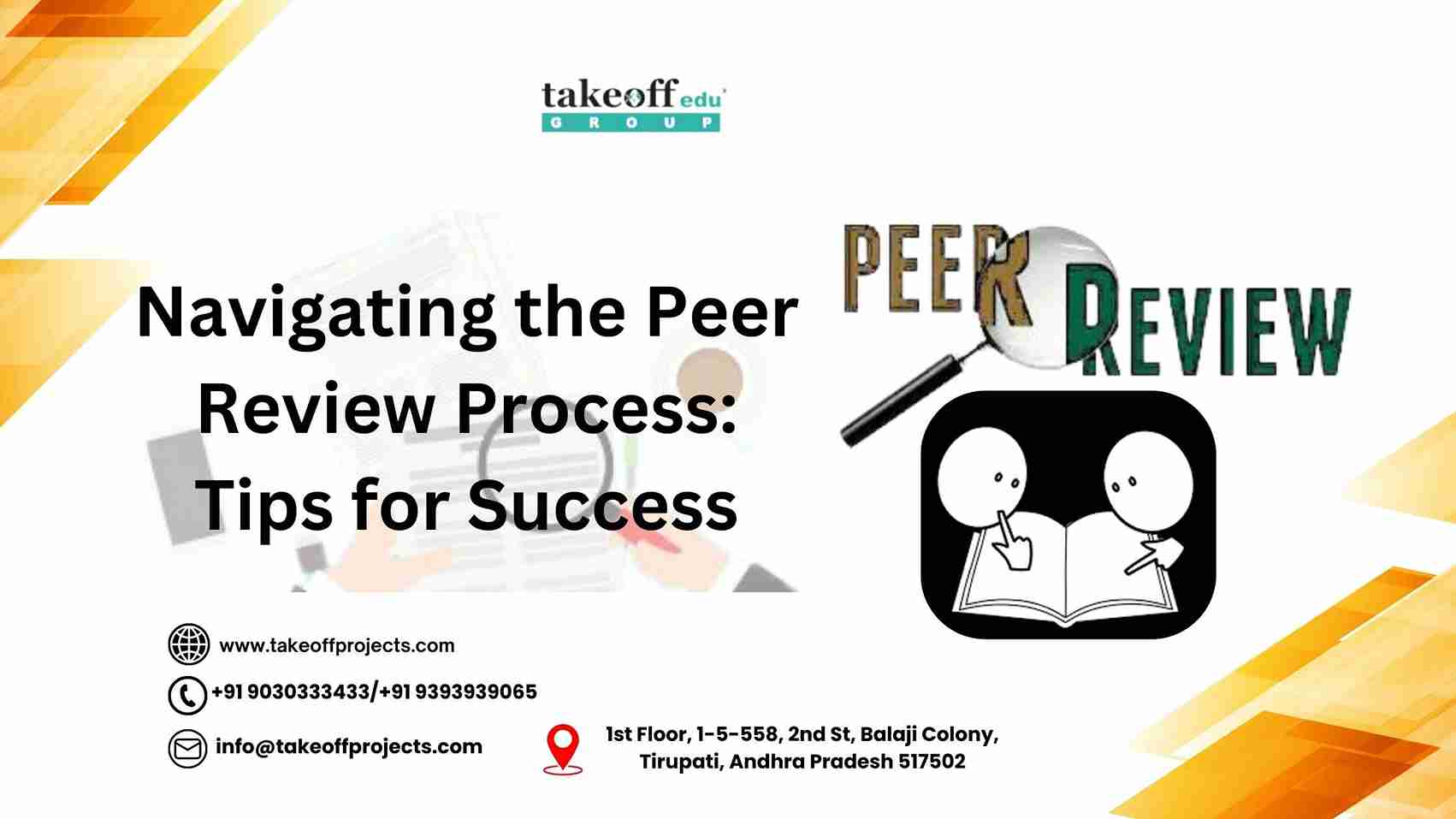
 Workshop on Embedded Systems: Building Real-World Applications
Workshop on Embedded Systems: Building Real-World Applications  Top Internship Training & Certificate
Top Internship Training & Certificate  Internship Benefits Beyond the Resume: How It Shapes Your Career
Internship Benefits Beyond the Resume: How It Shapes Your Career  Turing Internship into Job Offers: Strategies for Success
Turing Internship into Job Offers: Strategies for Success  Day in the Life: A Glimpse into the Realities of Internship Experience
Day in the Life: A Glimpse into the Realities of Internship Experience 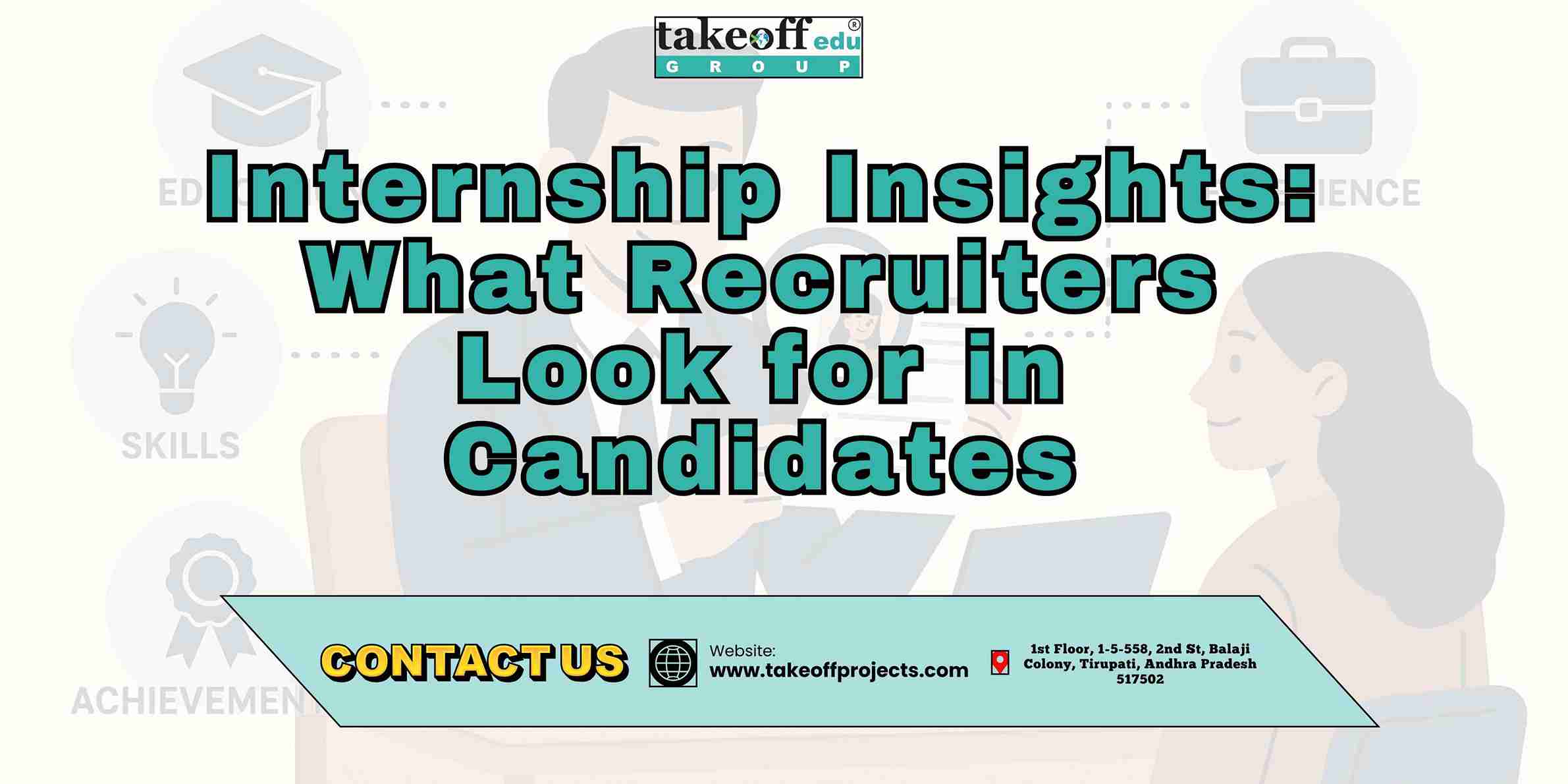 Internship Insights: What Recruiters Look for in Candidates
Internship Insights: What Recruiters Look for in Candidates 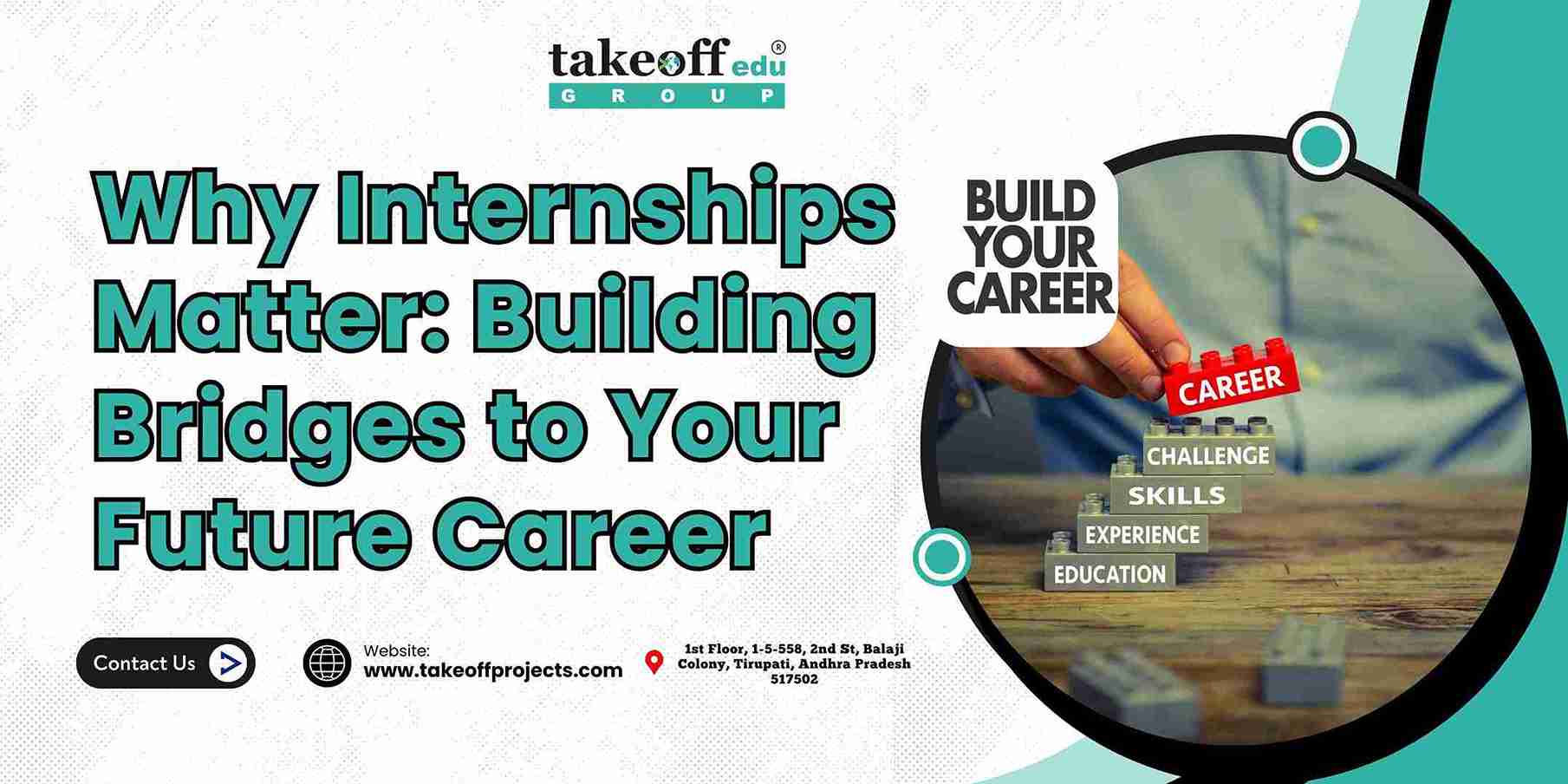 Why Internships Matter: Building Bridges to Your Future Career
Why Internships Matter: Building Bridges to Your Future Career  Smart Mirror Based on Raspberry Pi
Smart Mirror Based on Raspberry Pi 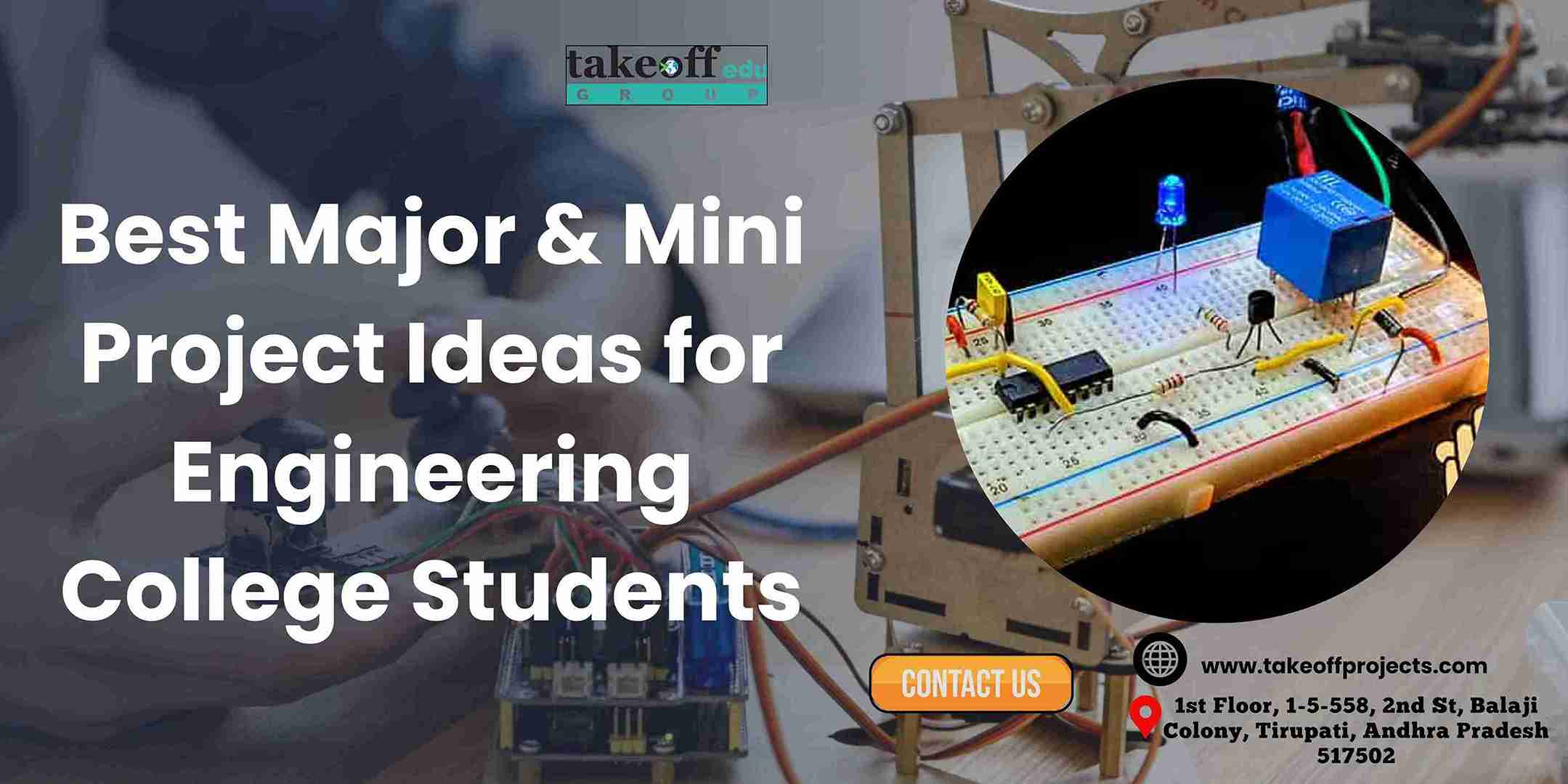 Best Major & Mini Project Ideas for Engineering College Students
Best Major & Mini Project Ideas for Engineering College Students 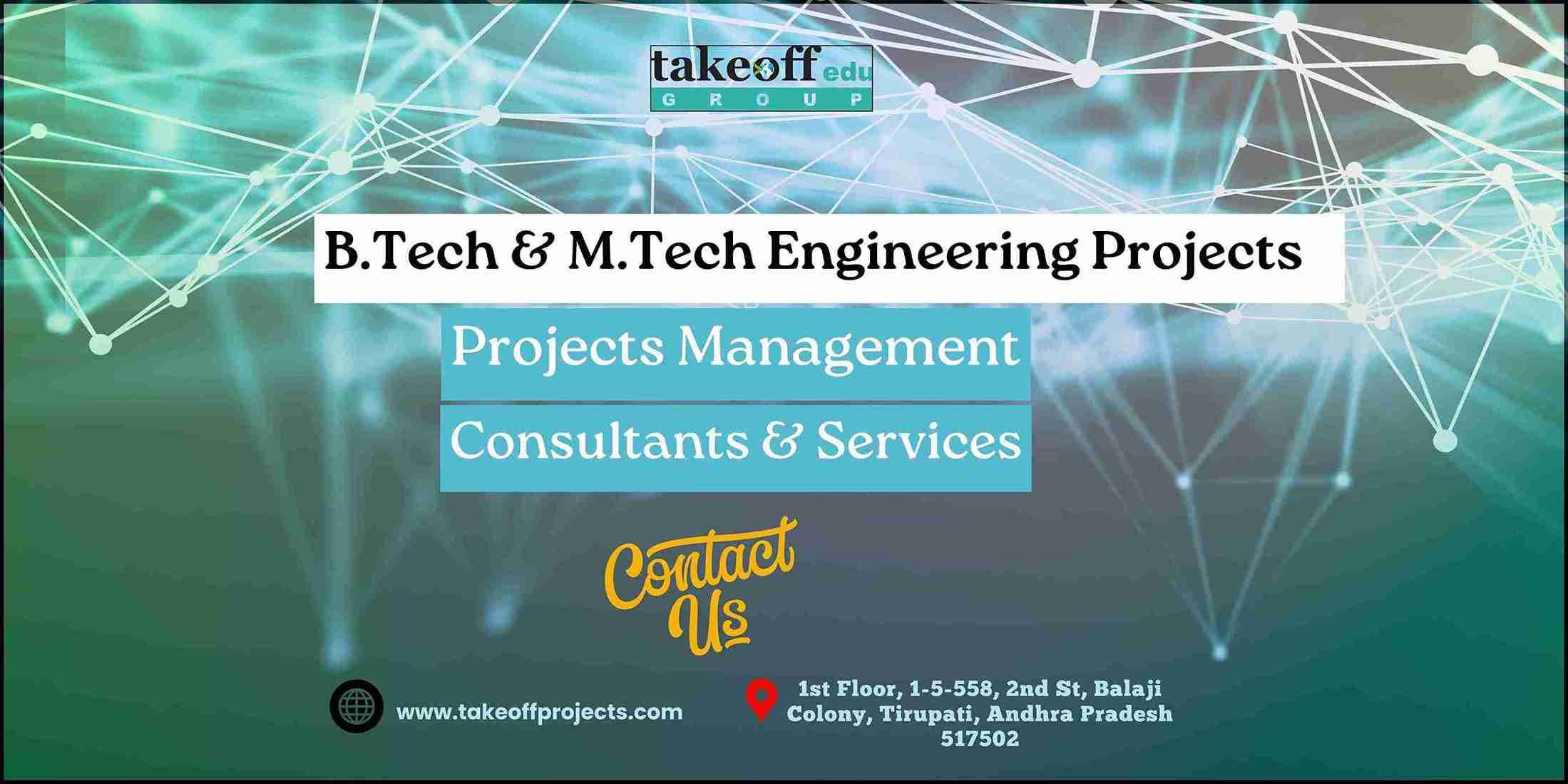 Top B.Tech/M.Tech Engineering Projects Consultants & Services
Top B.Tech/M.Tech Engineering Projects Consultants & Services  Engineering Project Ideas & Topics for Students
Engineering Project Ideas & Topics for Students  Engineering Procurement Construction (EPC) Project Services: Step By Step Guide
Engineering Procurement Construction (EPC) Project Services: Step By Step Guide 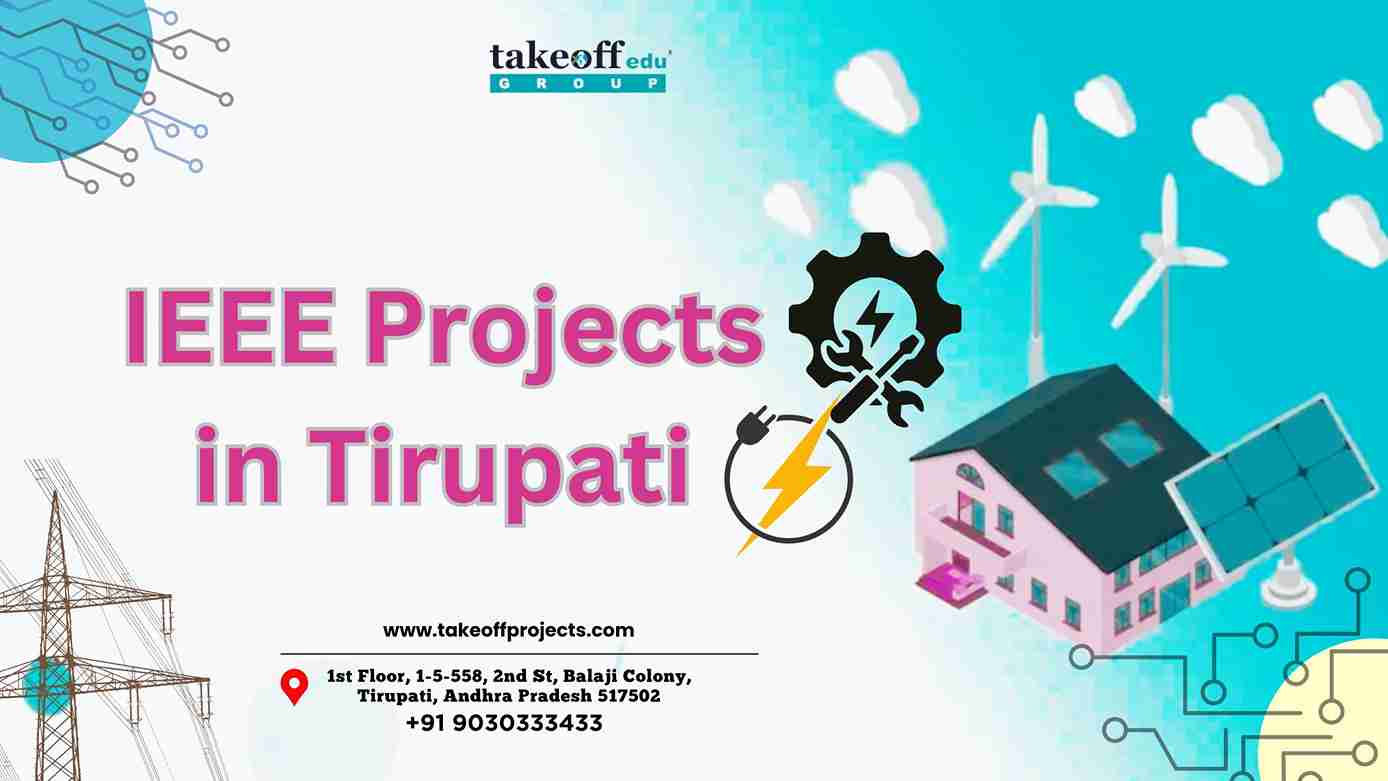 IEEE Projects in Tirupati
IEEE Projects in Tirupati 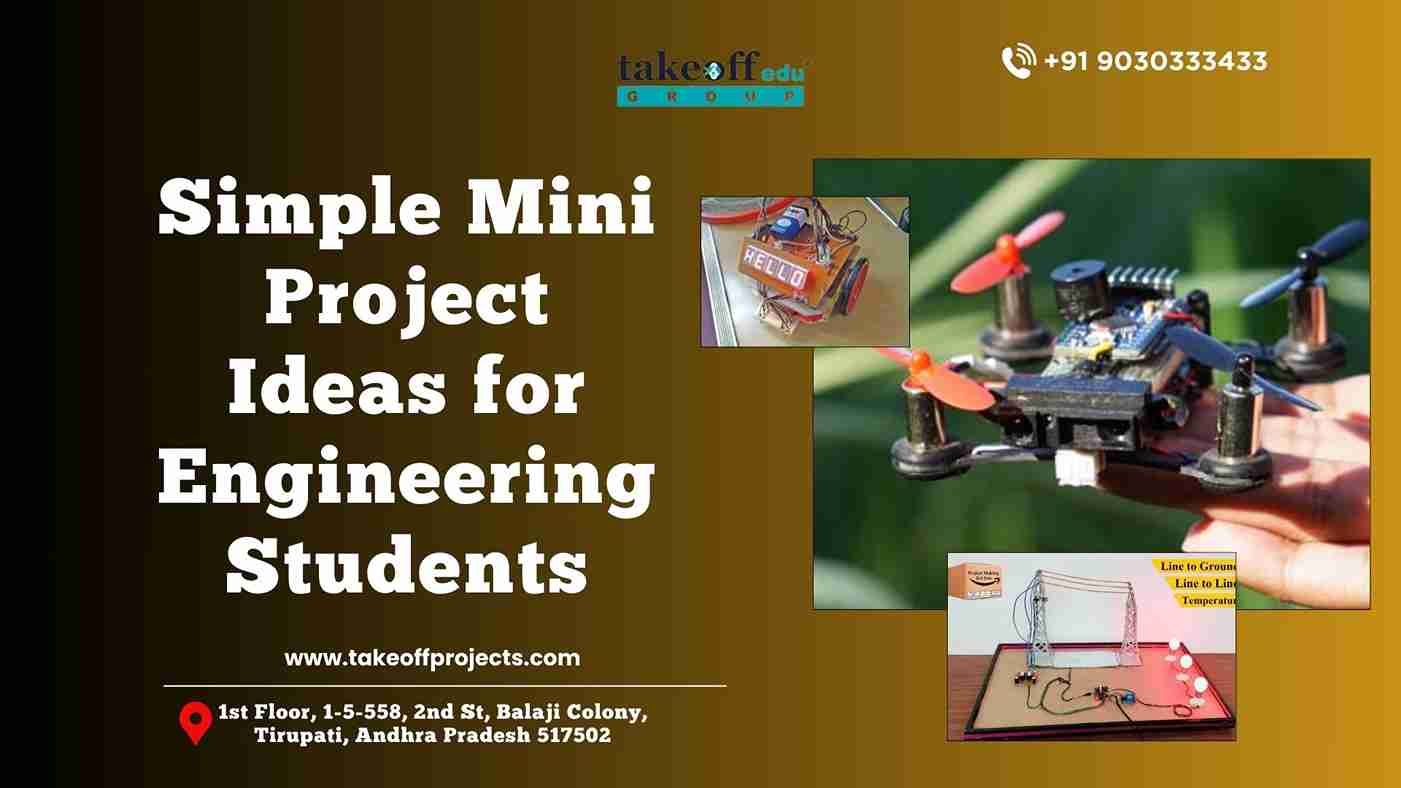 Simple Mini Project Ideas for Engineering Students
Simple Mini Project Ideas for Engineering Students  Project Center in Tirupati
Project Center in Tirupati  Top Engineering Project Consultants in Tirupati
Top Engineering Project Consultants in Tirupati 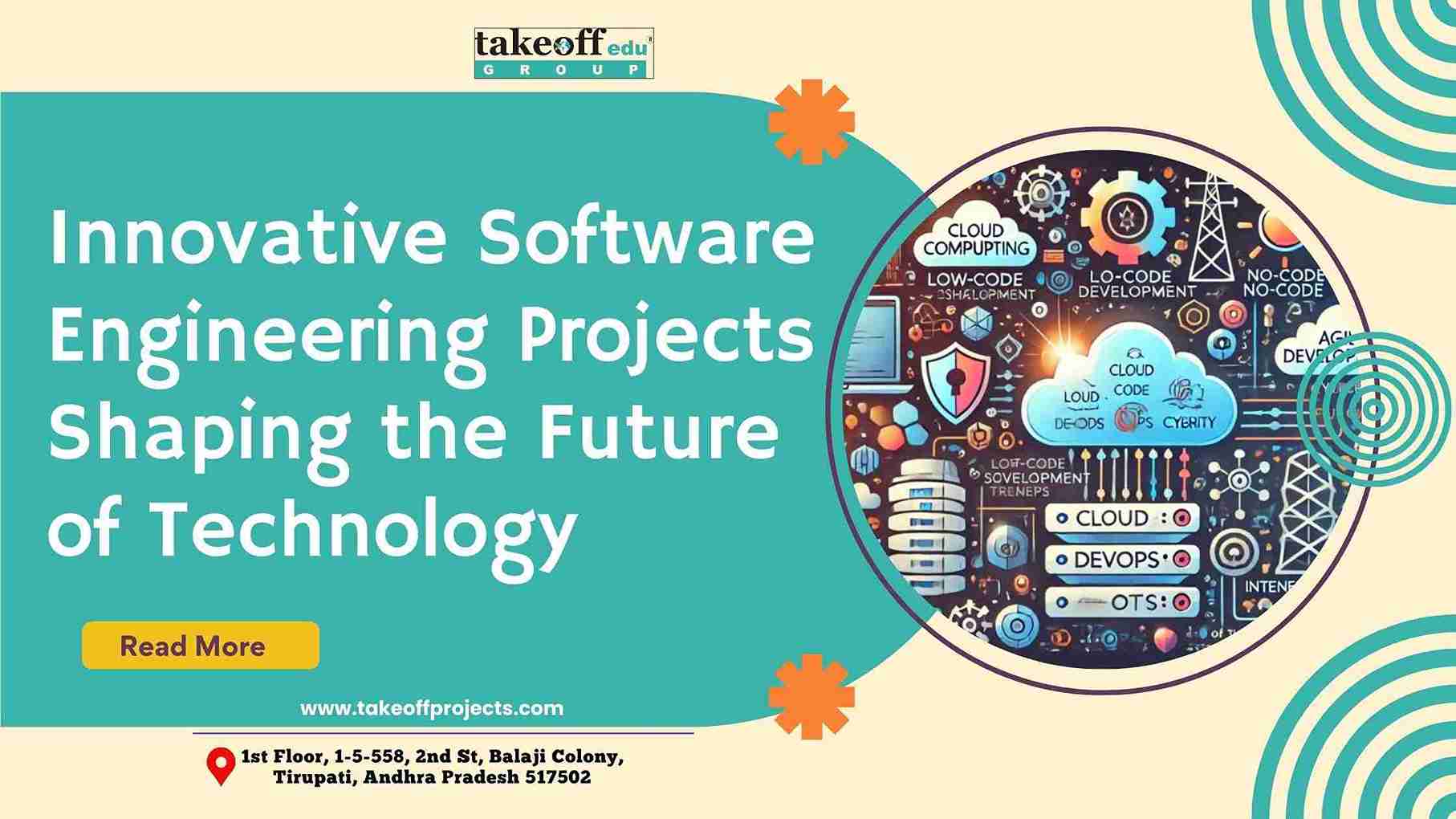 Innovative Software Engineering Projects: Shaping the Future of Technology
Innovative Software Engineering Projects: Shaping the Future of Technology 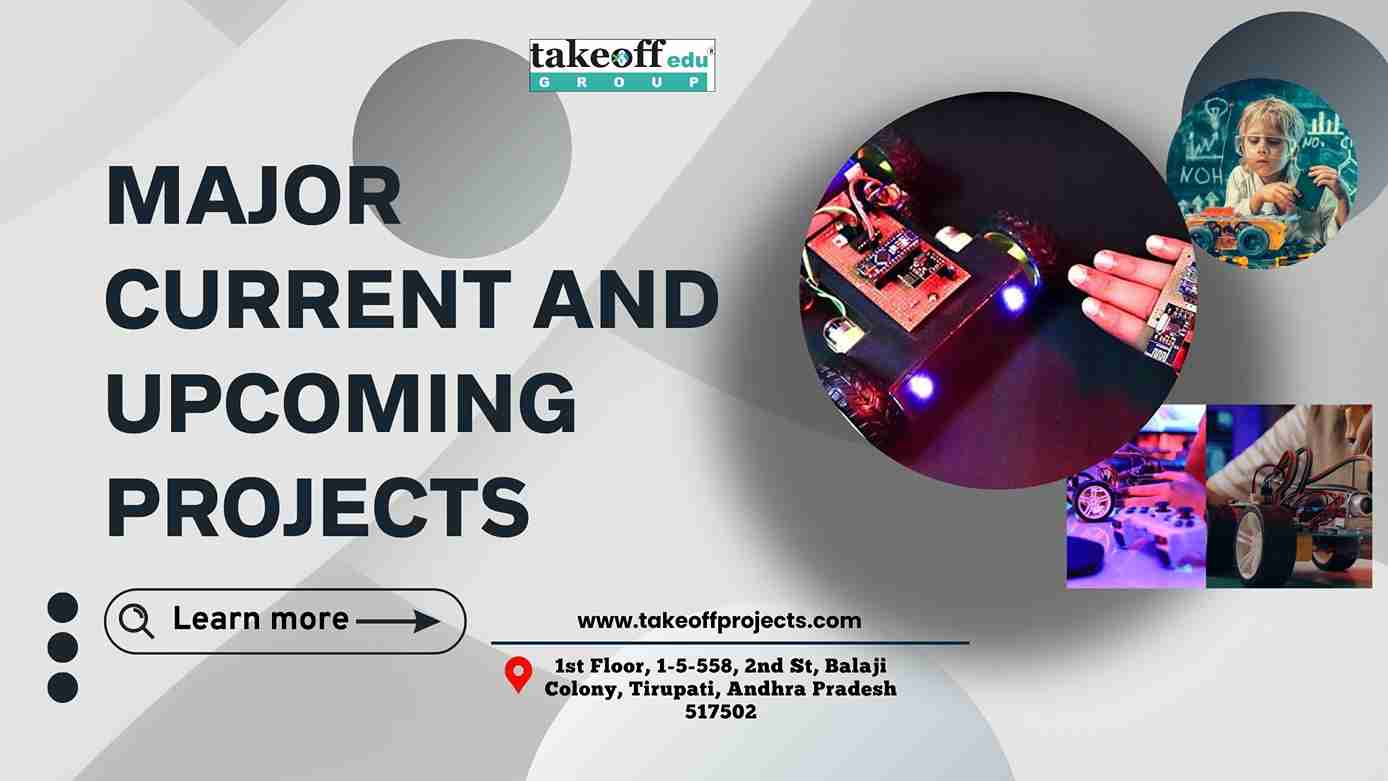 Major Current and Upcoming Projects
Major Current and Upcoming Projects  Best Project Management Consultant in Tirupati
Best Project Management Consultant in Tirupati  Top 10 Best Project Consultants in Andhra Pradesh
Top 10 Best Project Consultants in Andhra Pradesh  Best Project Consultancy in Tirupati
Best Project Consultancy in Tirupati  Advanced Technology Project Ideas in Chittoor
Advanced Technology Project Ideas in Chittoor  Top Final Year Project Provider in Tirupati
Top Final Year Project Provider in Tirupati 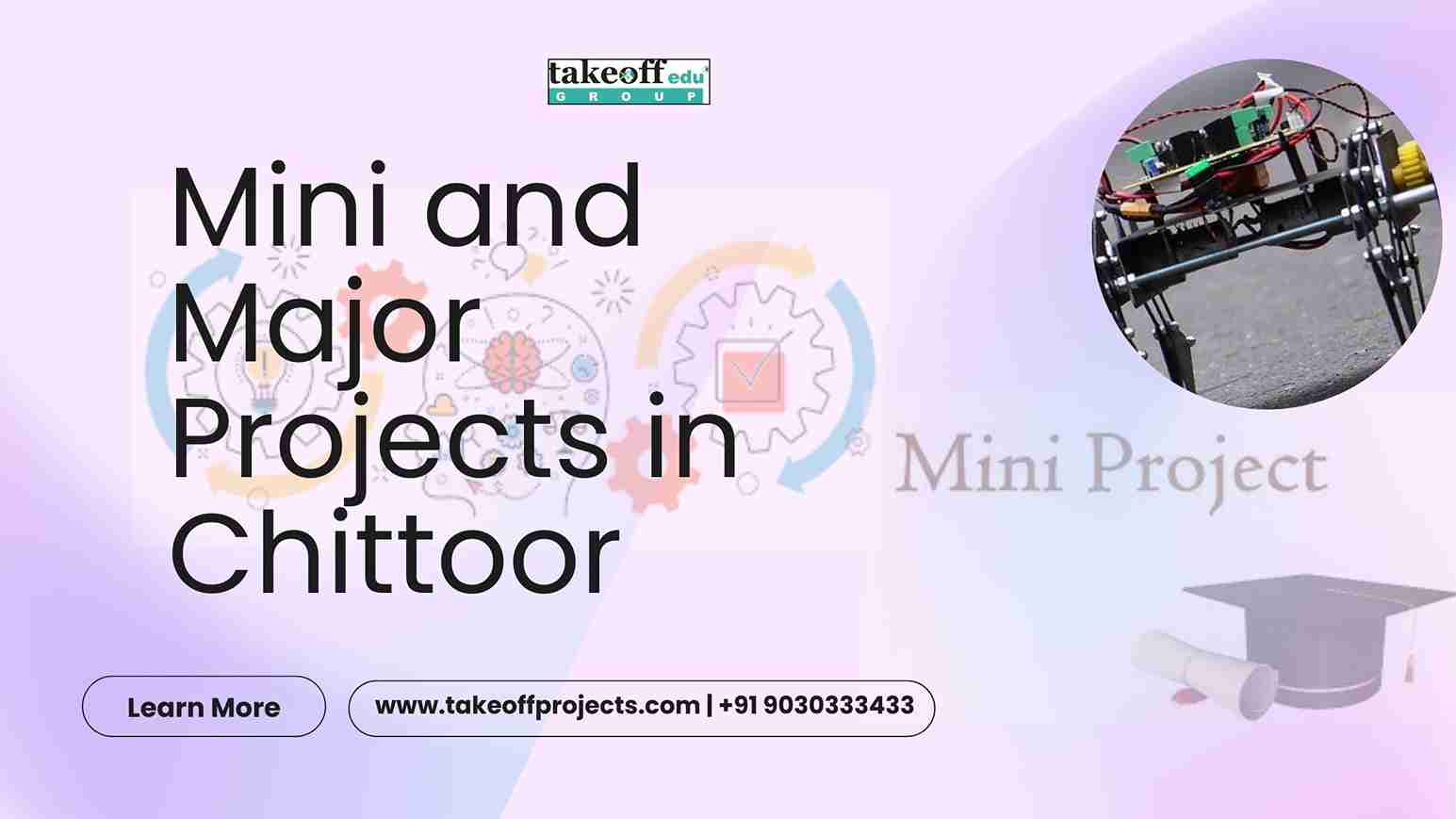 Mini and Major Projects in Chittoor
Mini and Major Projects in Chittoor  Final Year Projects in Tirupati: Unlocking Your Academic Potential
Final Year Projects in Tirupati: Unlocking Your Academic Potential  Affordable Academic Projects in India: A Gateway to Success
Affordable Academic Projects in India: A Gateway to Success 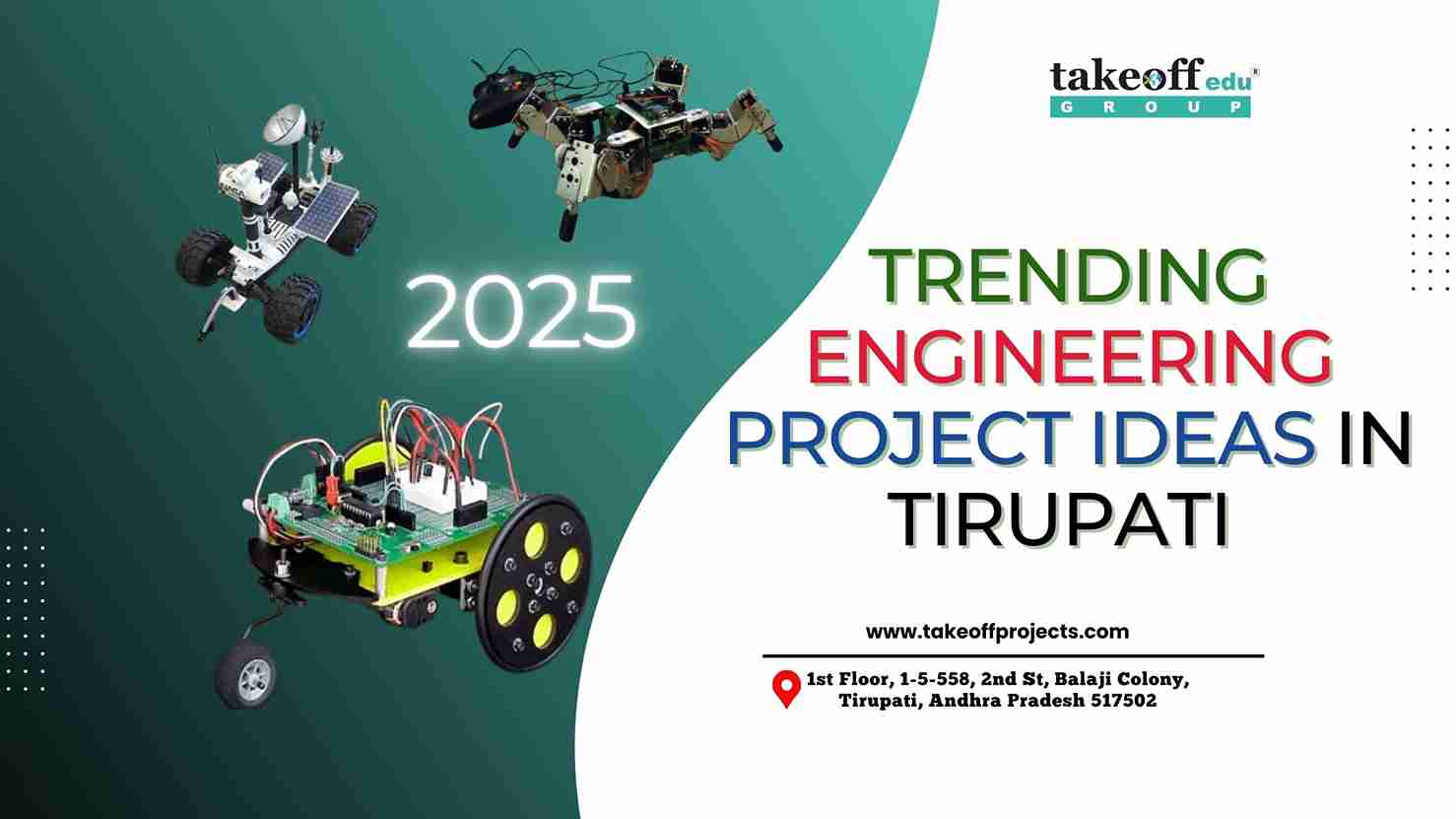 Trending Engineering Project Ideas in Tirupati 2025
Trending Engineering Project Ideas in Tirupati 2025 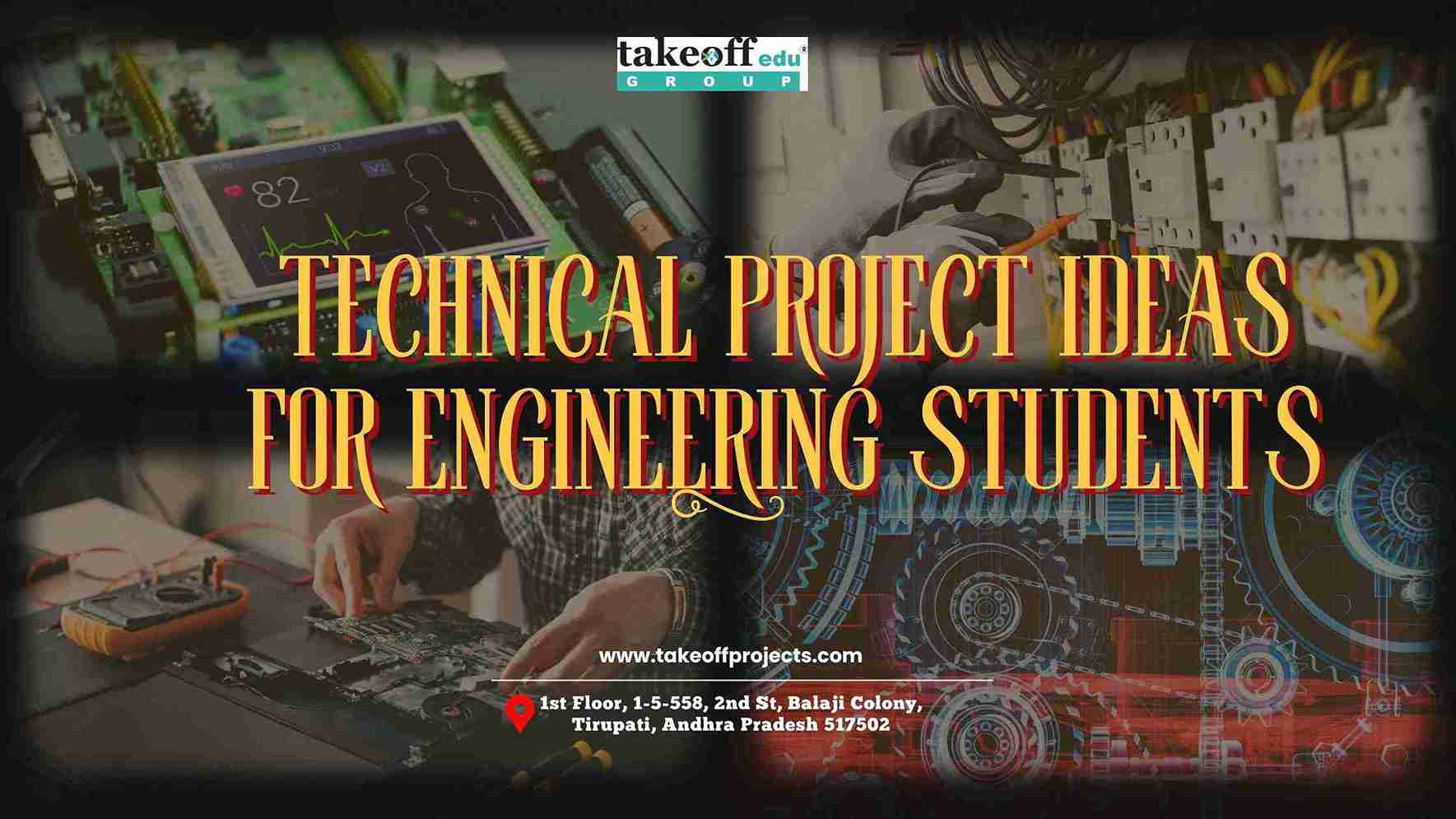 Technical Project ideas for engineering students
Technical Project ideas for engineering students  How Do I Choose A Project Topic Titles For Final Year Engineering Students?
How Do I Choose A Project Topic Titles For Final Year Engineering Students?  Find Best College Project Centers in Andhra Pradesh
Find Best College Project Centers in Andhra Pradesh 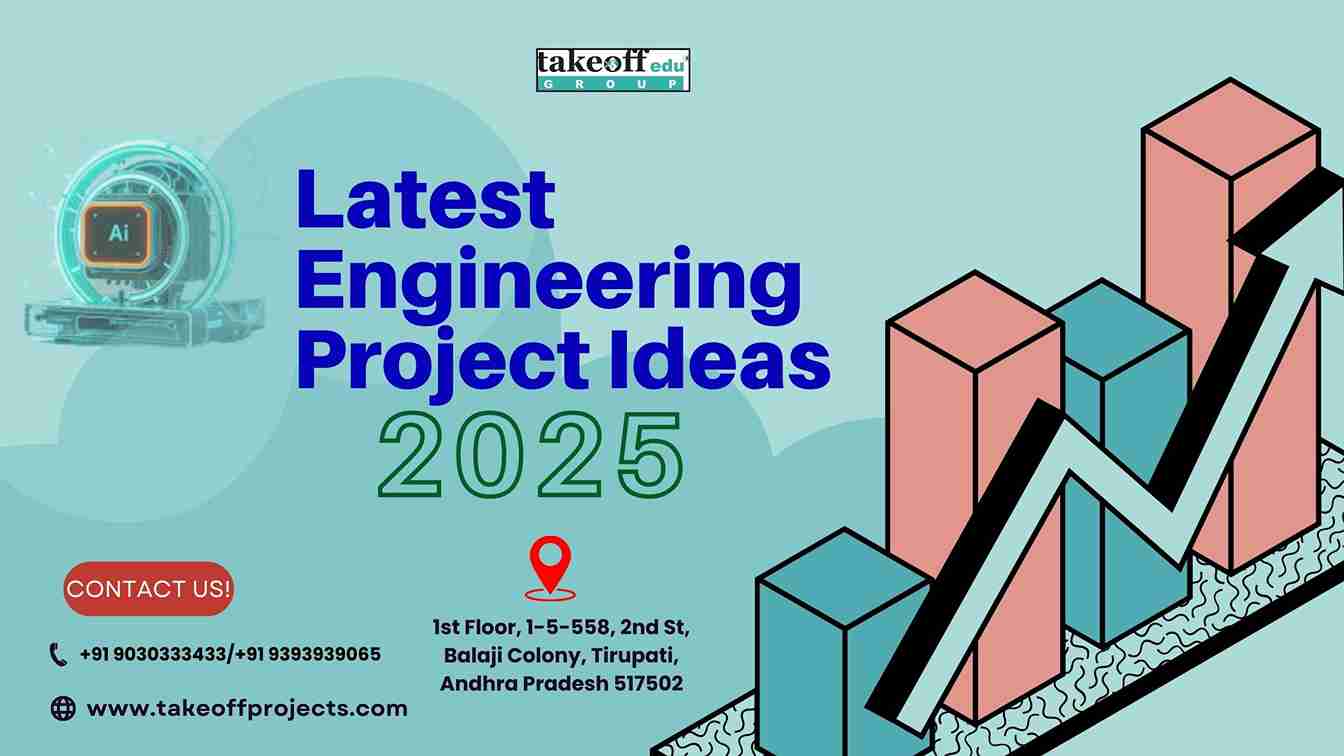 Latest Engineering Project Ideas for 2025
Latest Engineering Project Ideas for 2025 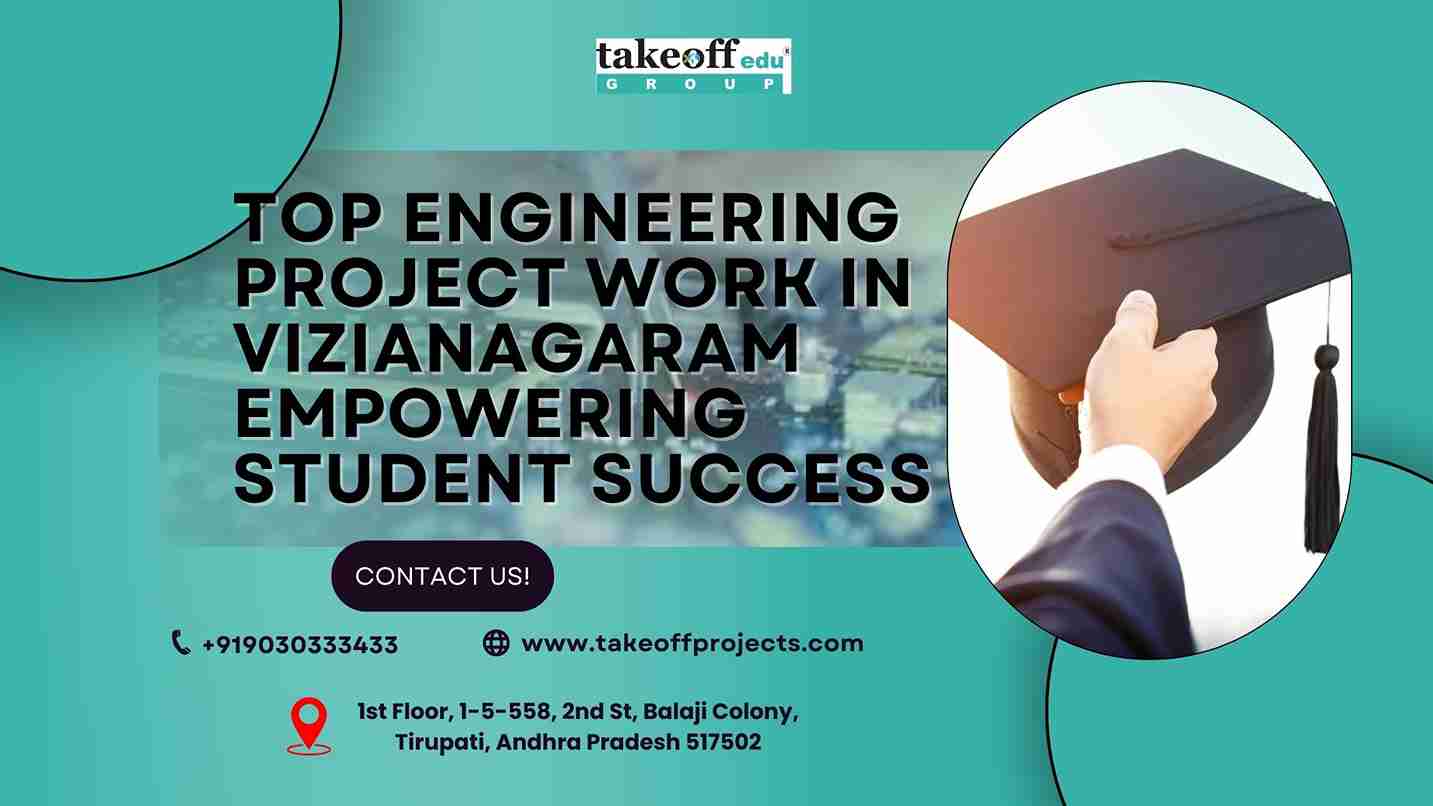 Top Engineering Project Work in Vizianagaram: Empowering Student Success
Top Engineering Project Work in Vizianagaram: Empowering Student Success 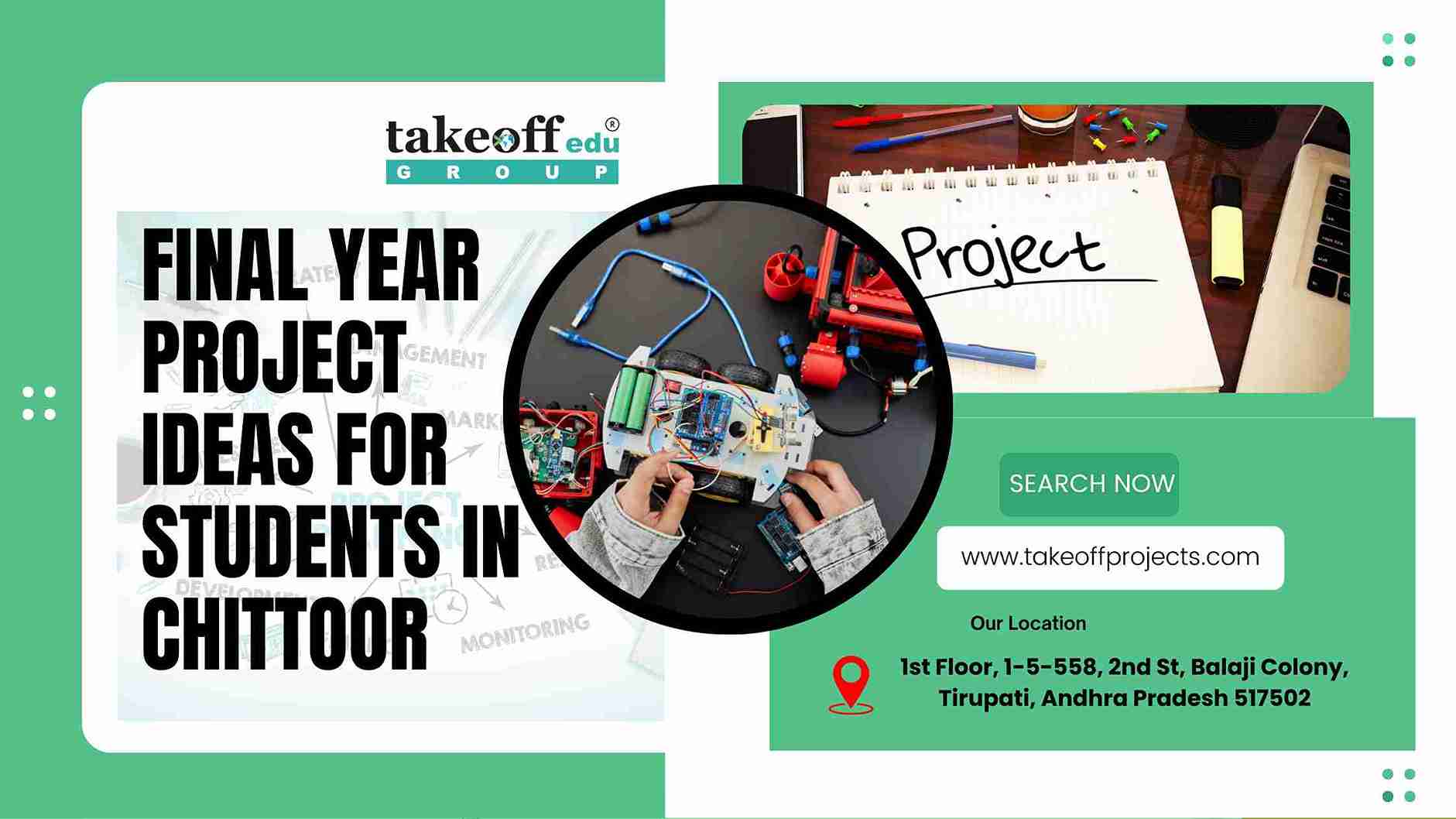 Final Year Project Ideas for Students in Chittoor
Final Year Project Ideas for Students in Chittoor  Project Ideas for College Students in Telangana
Project Ideas for College Students in Telangana  Top 10 Mini Project Ideas for College Students
Top 10 Mini Project Ideas for College Students 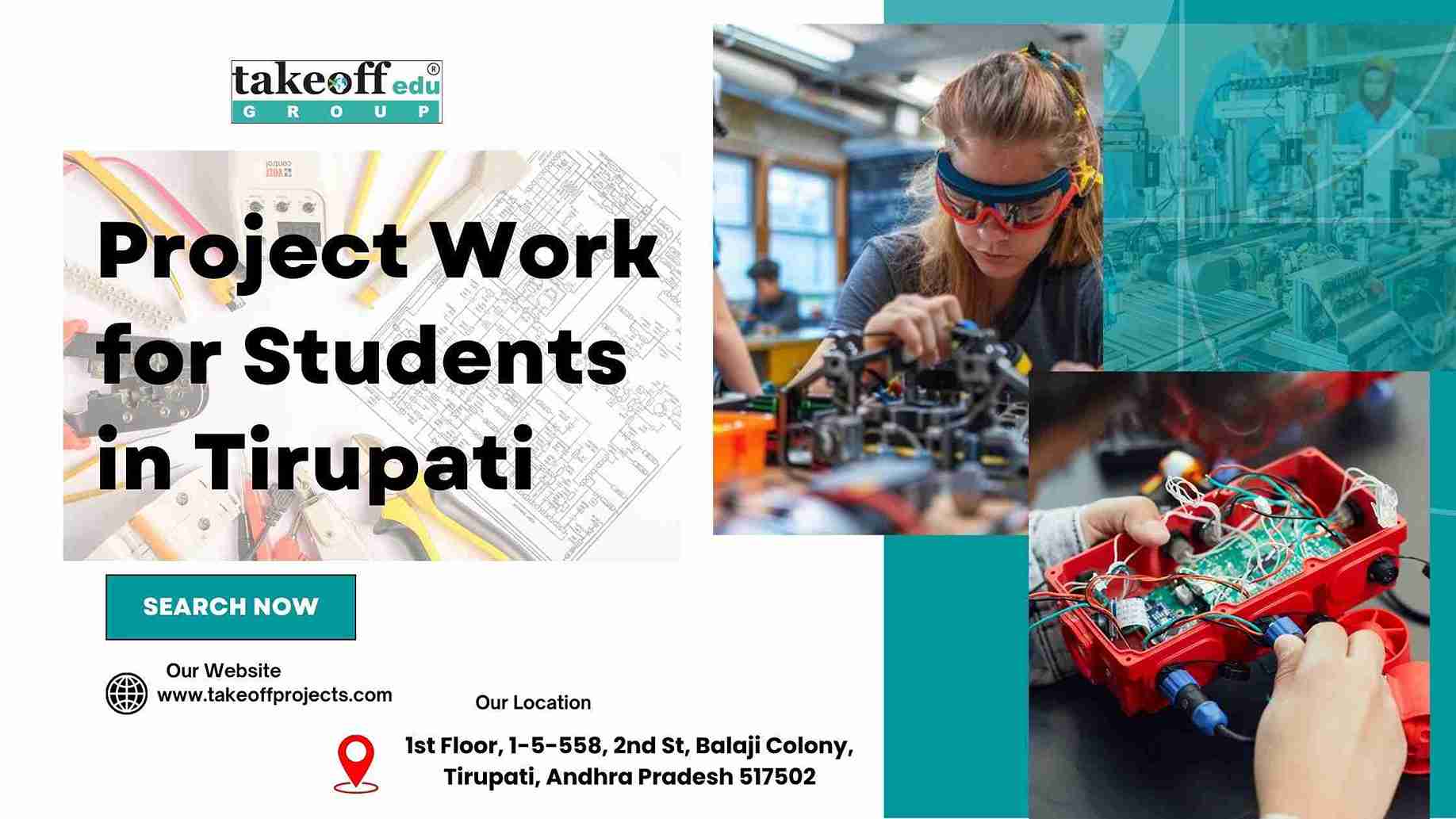 Project Work for Students in Tirupati
Project Work for Students in Tirupati 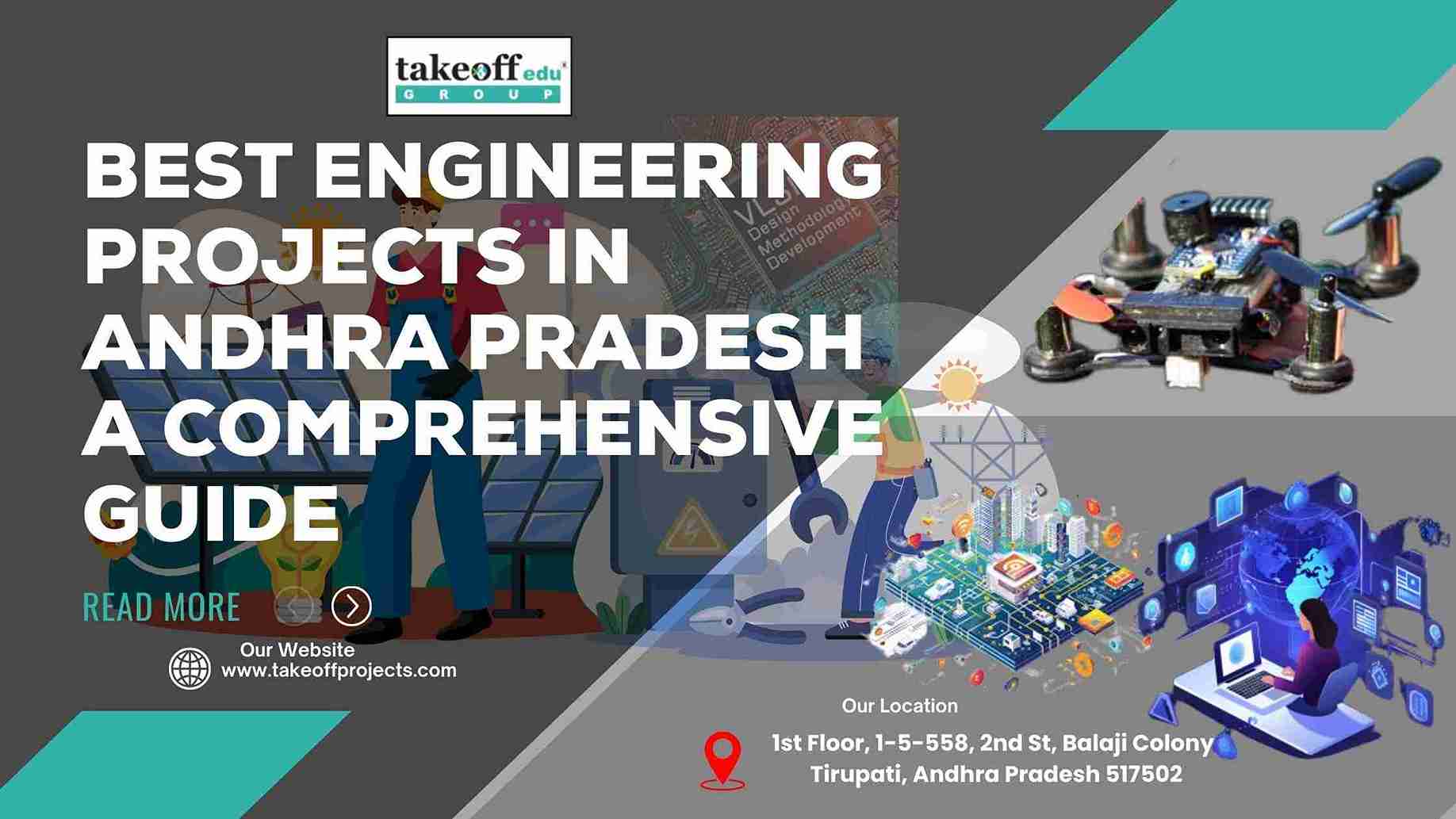 Best Engineering Projects in Andhra Pradesh: A Comprehensive Guide
Best Engineering Projects in Andhra Pradesh: A Comprehensive Guide  Using Cloud-Based Tools for Collaborative Research Projects
Using Cloud-Based Tools for Collaborative Research Projects  Advantages of Undergraduate Research Opportunities
Advantages of Undergraduate Research Opportunities  How to Prepare for Academic Research Conferences
How to Prepare for Academic Research Conferences  Understanding the Different Types of Academic Research
Understanding the Different Types of Academic Research  How to Write the Abstract for a Research Paper
How to Write the Abstract for a Research Paper  The Impact of Academic Research on Policy Making
The Impact of Academic Research on Policy Making 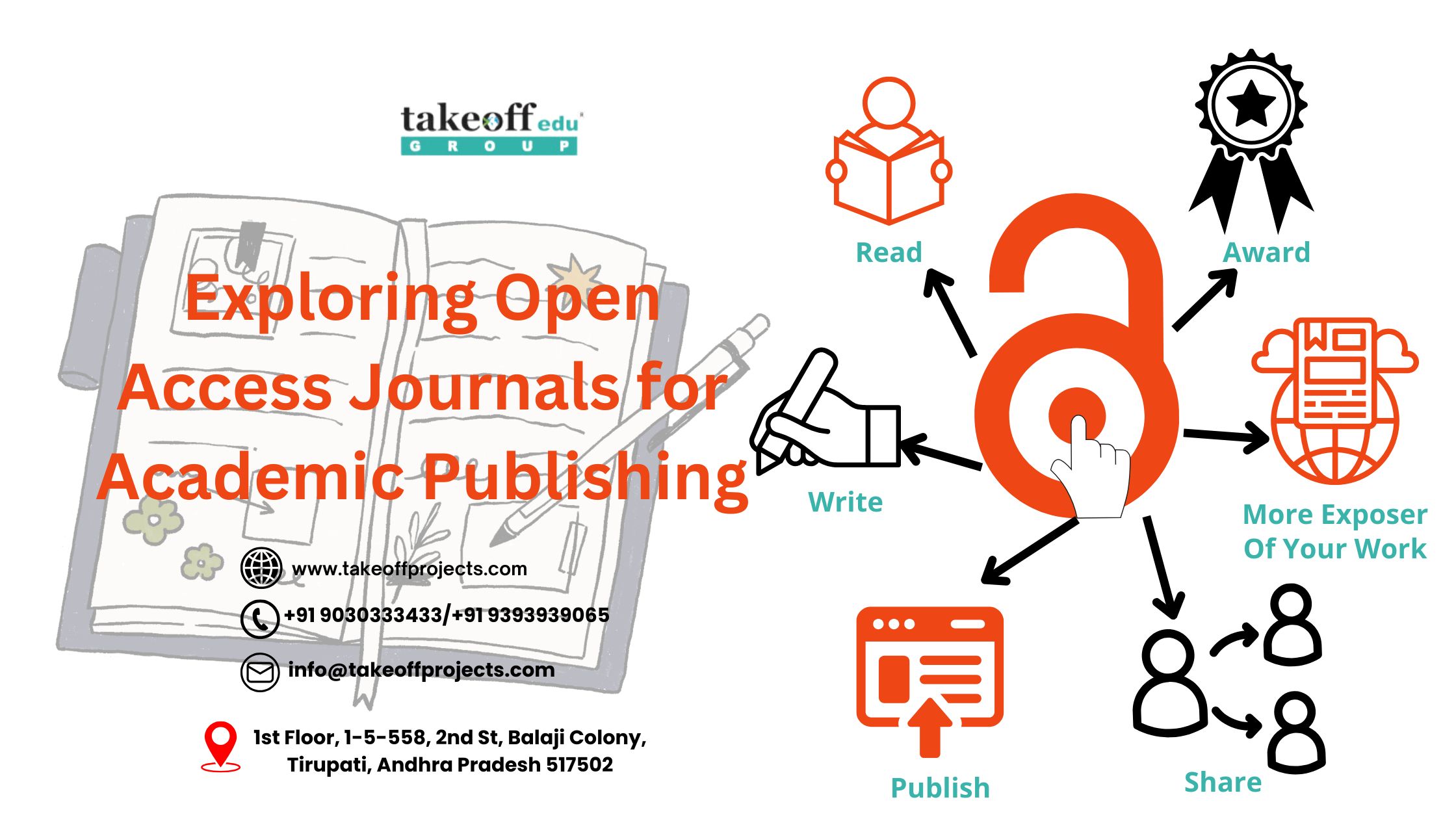 Exploring Open Access Journals for Academic Publishing
Exploring Open Access Journals for Academic Publishing  The Role of Academic Journals in Disseminating Research
The Role of Academic Journals in Disseminating Research  How to Balance Coursework and Research Projects: A Guide to Academic Success
How to Balance Coursework and Research Projects: A Guide to Academic Success  The Importance of Research Ethics Committees
The Importance of Research Ethics Committees  Innovative Teaching Methods to Support Academic Research Projects
Innovative Teaching Methods to Support Academic Research Projects  Creating Impactful Visual Aids for Research Presentations
Creating Impactful Visual Aids for Research Presentations  The Benefits of Peer Review in Academic Research
The Benefits of Peer Review in Academic Research  Surveys and Questionnaires are Effective in Academic Research
Surveys and Questionnaires are Effective in Academic Research  Importance of Documentation Record-Keeping in Academic Research
Importance of Documentation Record-Keeping in Academic Research  Overcoming Challenges in Academic Research Projects
Overcoming Challenges in Academic Research Projects  Leveraging Online Resources for Academic Research
Leveraging Online Resources for Academic Research  Successful Academic Projects in Computer Science: Case Studies
Successful Academic Projects in Computer Science: Case Studies  Building a Research Network: The Importance of Conferences and Workshops
Building a Research Network: The Importance of Conferences and Workshops  How Technology Affects Academic Research?
How Technology Affects Academic Research?  Getting Funding for Your Research Project: Tips and Resources
Getting Funding for Your Research Project: Tips and Resources  Time Management Strategies for Academic Researchers
Time Management Strategies for Academic Researchers  Ethical Considerations in Academic Research
Ethical Considerations in Academic Research  How to Write and Publishing Your Academic Paper?
How to Write and Publishing Your Academic Paper?  Presenting Your Research: Guidelines To Consider When Making An Academic Presentation
Presenting Your Research: Guidelines To Consider When Making An Academic Presentation  Analyzing Research Data: Effective Techniques in Engineering Projects
Analyzing Research Data: Effective Techniques in Engineering Projects  Best Practices for Conducting a Literature Review
Best Practices for Conducting a Literature Review  Writing a Winning Student Research Proposal: A Step-by-Step Guide
Writing a Winning Student Research Proposal: A Step-by-Step Guide  Project Management for Academic Research: Tools and Techniques
Project Management for Academic Research: Tools and Techniques  How to Choose the Perfect Academic Project Topic?
How to Choose the Perfect Academic Project Topic?  Presenting Final Year Project to Your Supervisor
Presenting Final Year Project to Your Supervisor  Trending Engineering Projects in 2024 Future-Ready
Trending Engineering Projects in 2024 Future-Ready  Innovative Renewable Energy Project Ideas
Innovative Renewable Energy Project Ideas  How Engineering Projects Ideas to contribute your academic year?
How Engineering Projects Ideas to contribute your academic year?  Latest Engineering Projects in 2024
Latest Engineering Projects in 2024 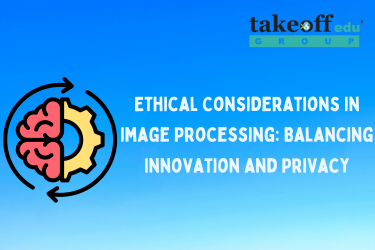 Ethical Considerations in Image Processing: Balancing Innovation and Privacy
Ethical Considerations in Image Processing: Balancing Innovation and Privacy  From Pixels to Insights A Journey into Image Enhancement Algorithms
From Pixels to Insights A Journey into Image Enhancement Algorithms 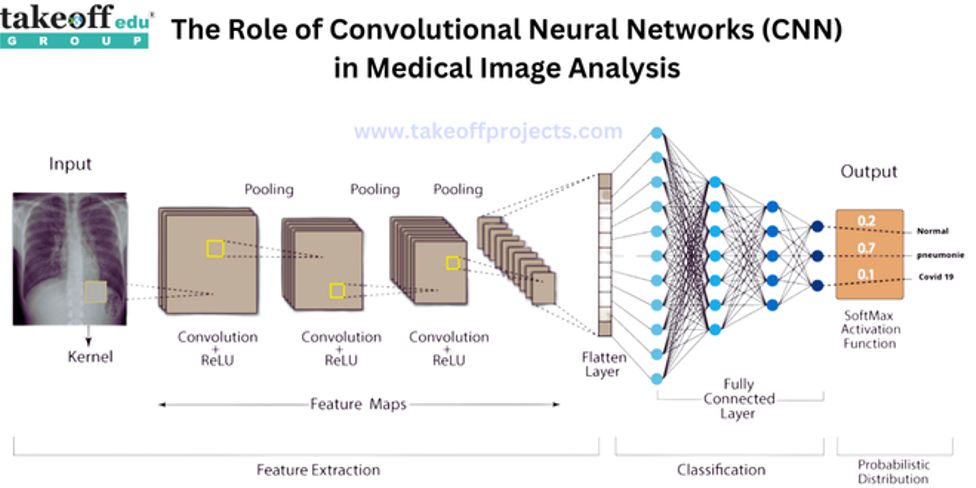 The Role of Convolutional Neural Networks in Medical Image Analysis
The Role of Convolutional Neural Networks in Medical Image Analysis 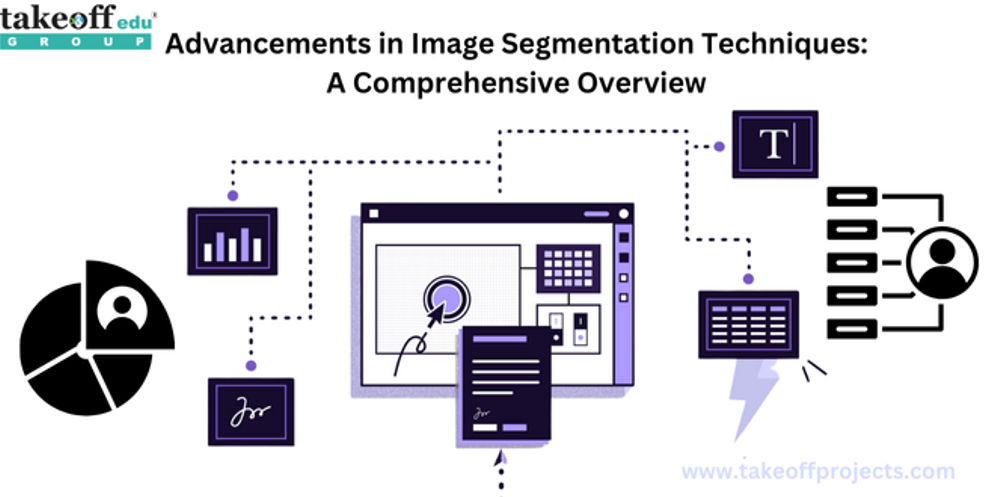 Advancements in Image Segmentation Techniques: A Comprehensive Overview
Advancements in Image Segmentation Techniques: A Comprehensive Overview 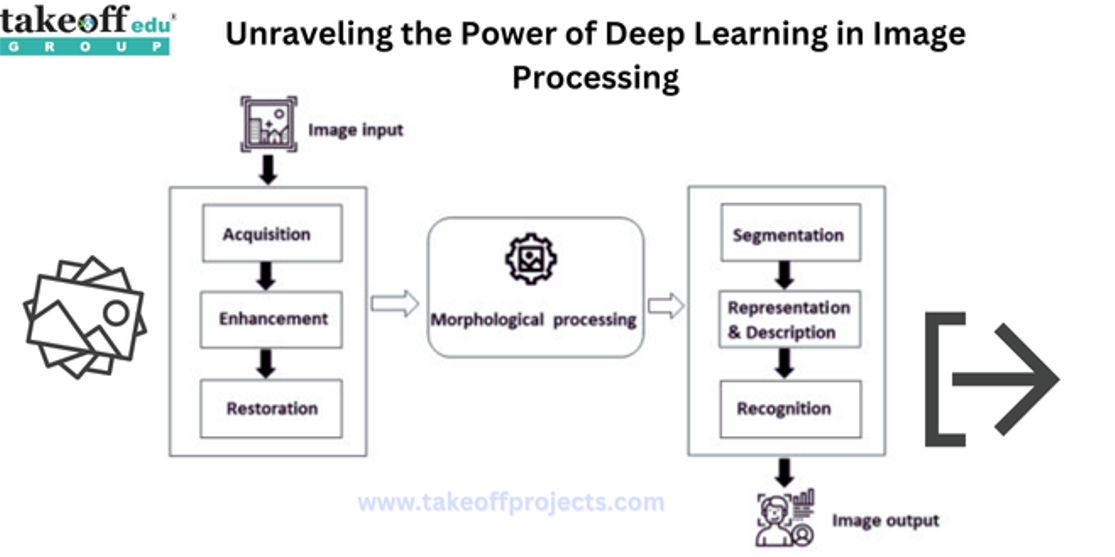 Unraveling the Power of Deep Learning in Image Processing
Unraveling the Power of Deep Learning in Image Processing  Importance of Final Year Projects for Students
Importance of Final Year Projects for Students  How to Present Your Final Year Project to Your Supervisor?
How to Present Your Final Year Project to Your Supervisor?  How to Choose the Right Final Year Project Topic?
How to Choose the Right Final Year Project Topic?  Common Mistakes to Avoid on Your Final Year Project
Common Mistakes to Avoid on Your Final Year Project  How to Write a Winning Engineering Project Report?
How to Write a Winning Engineering Project Report? 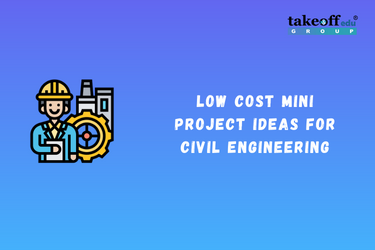 Low Cost Mini Projects Ideas for Civil Engineering
Low Cost Mini Projects Ideas for Civil Engineering  Low Cost Mini Project Ideas for Mechanical Engineering
Low Cost Mini Project Ideas for Mechanical Engineering 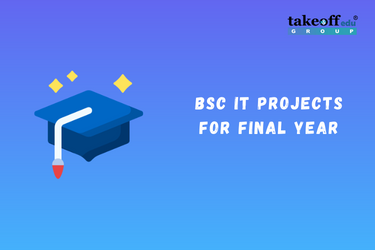 BSc IT Projects for Final Year
BSc IT Projects for Final Year 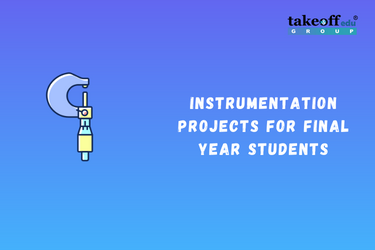 Instrumentation Projects for Final Year Students
Instrumentation Projects for Final Year Students  Biomedical Instrumentation Projects
Biomedical Instrumentation Projects  M.Tech Structural Engineering Projects
M.Tech Structural Engineering Projects 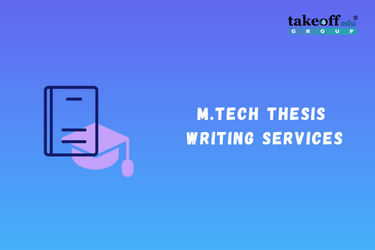 M.Tech Thesis Writing Services
M.Tech Thesis Writing Services 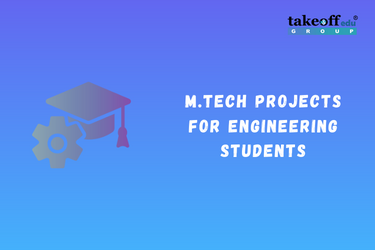 M.Tech Projects for Electrical, Electronics & Software Engineering
M.Tech Projects for Electrical, Electronics & Software Engineering  Latest Final Year Projects for B.Tech & M.Tech Students
Latest Final Year Projects for B.Tech & M.Tech Students 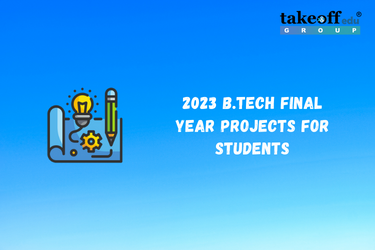 2023 B.Tech Final Year Projects for Students
2023 B.Tech Final Year Projects for Students 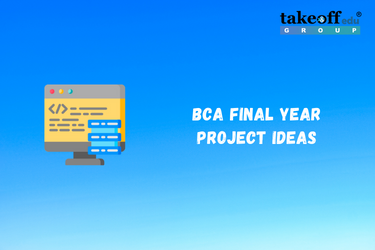 Latest BCA Final Year Project Ideas for 2023
Latest BCA Final Year Project Ideas for 2023  Top BE Projects Ideas & Topics for Students
Top BE Projects Ideas & Topics for Students  14+ Interesting Engineering Projects
14+ Interesting Engineering Projects 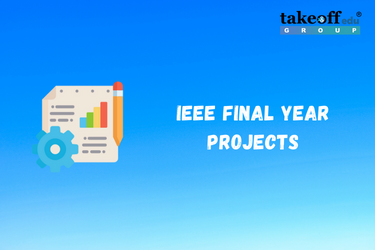 IEEE Final Year Projects
IEEE Final Year Projects 
 Paper Publishing
Paper Publishing


